EU referendum: 40 facts about Britain and the EU to help you decide how to vote
It's fair to say that there's been more than a little spin from both campaigns in the lead up to the vote, so here's the truth
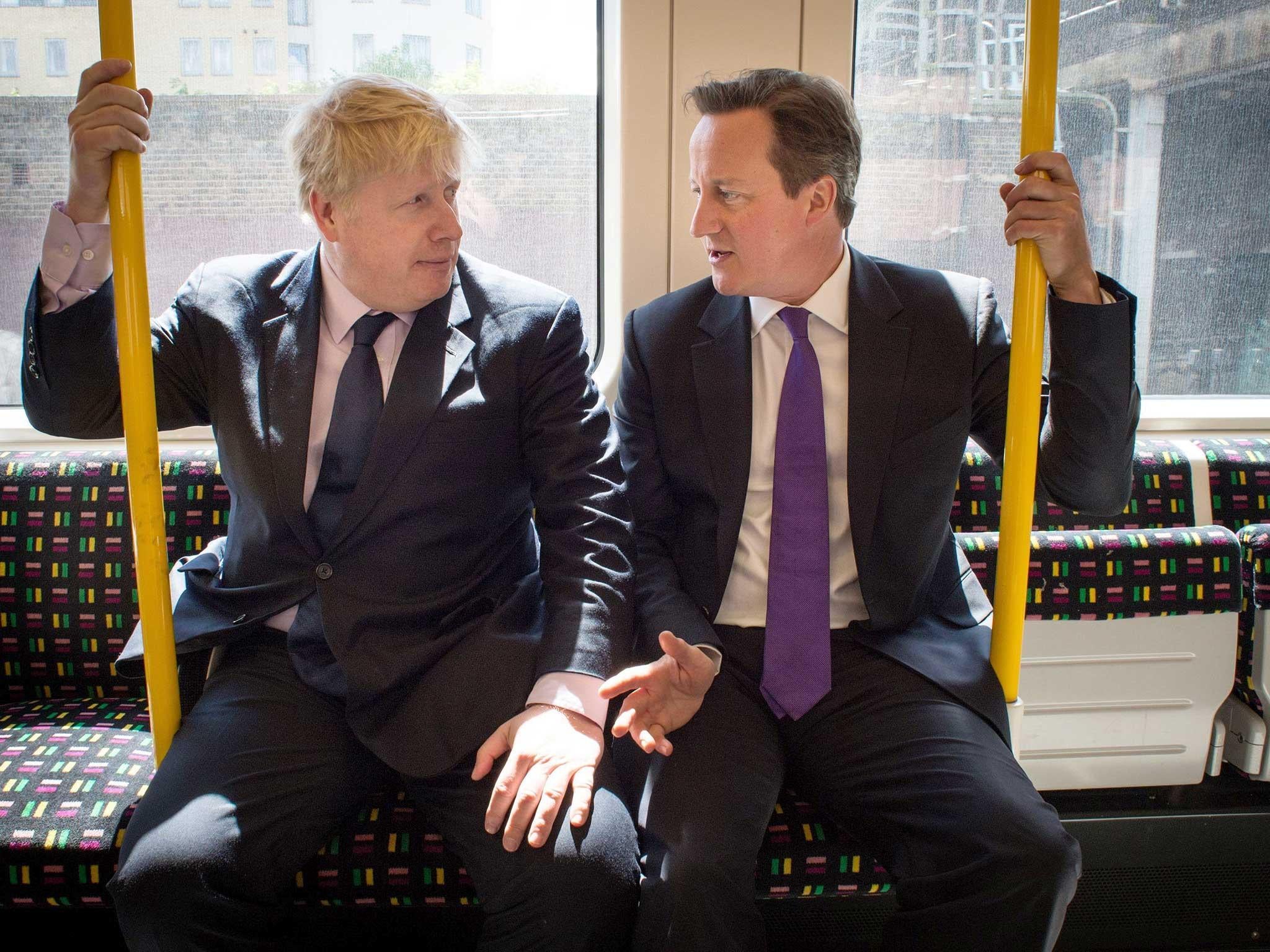
Your support helps us to tell the story
From reproductive rights to climate change to Big Tech, The Independent is on the ground when the story is developing. Whether it's investigating the financials of Elon Musk's pro-Trump PAC or producing our latest documentary, 'The A Word', which shines a light on the American women fighting for reproductive rights, we know how important it is to parse out the facts from the messaging.
At such a critical moment in US history, we need reporters on the ground. Your donation allows us to keep sending journalists to speak to both sides of the story.
The Independent is trusted by Americans across the entire political spectrum. And unlike many other quality news outlets, we choose not to lock Americans out of our reporting and analysis with paywalls. We believe quality journalism should be available to everyone, paid for by those who can afford it.
Your support makes all the difference.We have claim, counter claim; claims of lies, claims of lying about lies; claims of fact, claims of using misleading facts.
It would be fair to say Britain's political class has not exactly done many favours for themselves during the nasty, brutish and long referendum campaign.
And now it our turn to try and work out the truth as we enter the polling station. To help we have tried - as impartially as possible - to lay out 40 ‘facts’ about Britain's relationship with Europe. Some will, of course, dispute them and even facts can themselves sometimes be subjective. But this is our best attempt. Over to you...
The Economy
1 Britain’s net financial contribution to the EU is £9.8 billion – or £188 million a week – which is the amount we pay in after the rebate is deducted along with the money we get back in grants. It is not £350 million a week that the Leave campaign claims it is.
2 Every family would not necessarily be £4,300 worse off if we left the EU. This figure was based on a Treasury projection suggesting that the economy would be 6.2 per cent smaller than it would have been if we stayed in the EU - this figure was then divided by the number of households in the UK.
Follow the latest live updates on the EU referendum
But, as the fact check organisation FullFact points out, changes to the economy do not affect everyone in the same way. Some regions may gain or will lose more than others, and poorer households are unlikely to be affected in the same way as richer ones.
3 Most economic experts believe that in the short term the British economy will shrink if we vote to leave. Business investment is likely to be lower, house prices could fall as people put off moving while sterling is almost certain to fall – at least initially. But this is more due to uncertainty than any underlying problems with the UK economy as a result of Brexit.
4 A fall in Sterling is not necessarily a bad thing. It would make our exports cheaper – and if the EU imposed trade tariffs on British goods those could be partly off set by having a weaker currency. However, it would mean imported goods become more expensive – pushing up inflation.
5 Leaving the EU would mean the reintroduction of duty free allowances when travelling to Europe. But there would also be restrictions on how much you could bring back. The days of the booze cruise to France would be over.
6 The UK has provided a total of €6.5bn (£5bn) via the EU for two bailouts: €3bn for Ireland in November 2010 and €3.5bn for Portugal in May 2011. With both Ireland and Portugal now out of their bailout programmes, the UK has got this money back. The UK has not made a contribution via the EU for any other eurozone bailouts.
7 The UK will not pay for future eurozone bailouts. This has been agreed by EU leaders. In addition, the UK-EU deal from February, which will be implemented if the UK votes to stay in the EU, reinforces this and states that the UK would be reimbursed if the general EU budget is used for the cost of the eurozone crisis.
Sovereignty
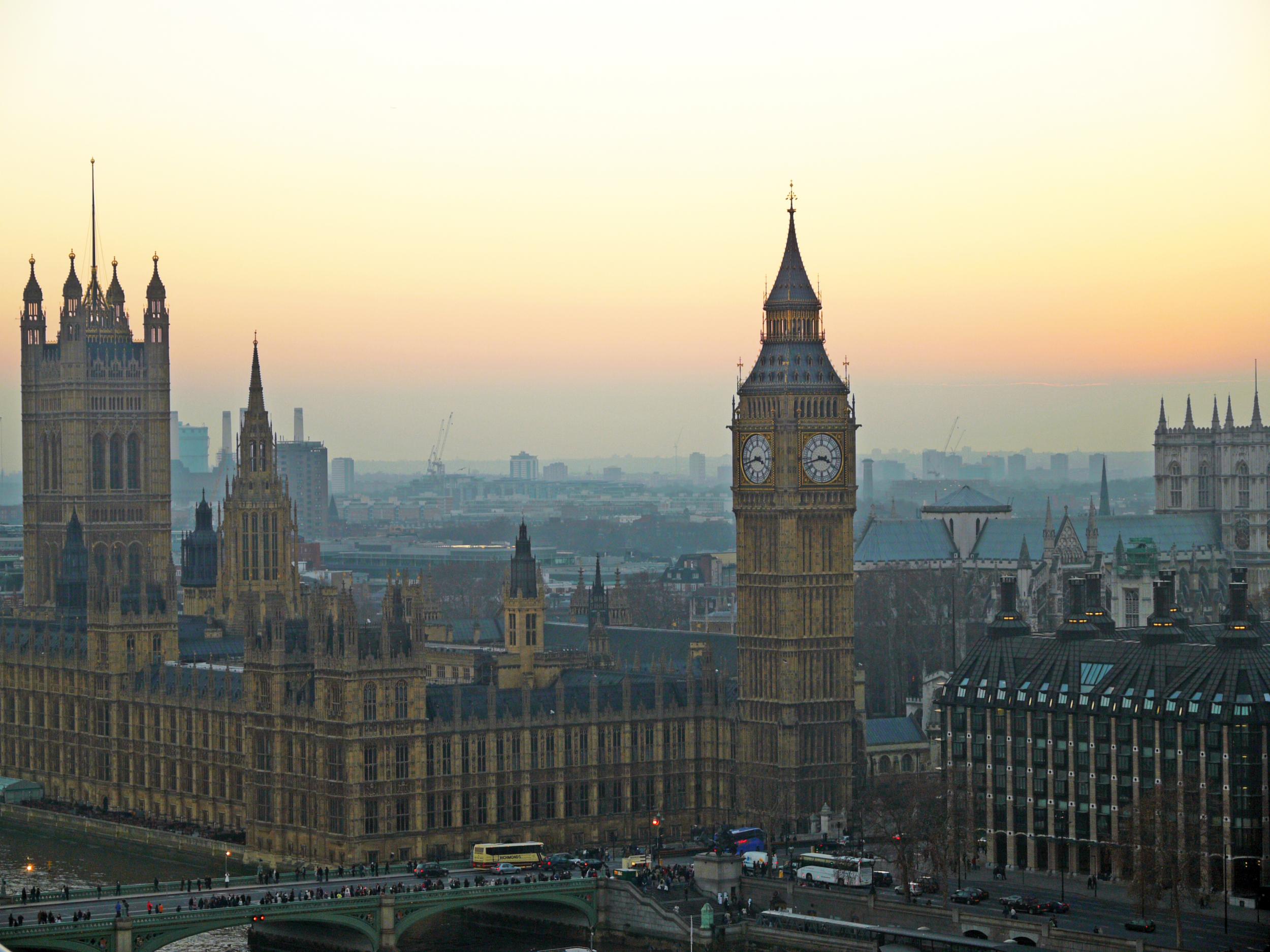
8 Since 1999 the British Government has voted against laws passed in Brussels 56 times – which have been imposed upon us. But that represents two per cent of the total EU votes during that time and we’ve been on the winning side 2,466 times.
9 There is no way of accurately measuring how many UK laws originate from or are influenced by Brussels. The leave side claims up to 70 per cent of laws have some European element contained within them – while remain says it is less than 20 per cent. Both figures can be justified depending on how you count them. But those at the higher end count EU rules that aren’t really laws in any meaningful sense.
10 We would still be a member of the European Court of Human Rights if we pulled out of the EU. The ECHR has nothing to do with the EU and contains a number of non-EU countries. It’s rulings would still be binding on the UK.
11 We would no longer be subject to rulings by the European Court of Justice. This court rules on whether member states have broken EU treaties and if we pulled out we would no longer have to abide by its judgments.
12 The EU has banned powerful hoovers. Vacuums with an input power of more than 1600w were banned from sale in 2014.
13 The EU did not ban bendy bananas. They did however set standards for imported fruit. One of the standards said the fruit should be “free from malformation or abnormal curvature of the fingers”, although only premium bananas sold as “Extra” class had to be perfect. Class I and II bananas could have some defects in shape.
Immigration

14 EU nationals who are currently living and working in Britain will be allowed to stay in the country even if we vote to leave. The Leave campaign have made clear that they will not deport anyone currently in the country and restrictions will only be for new immigrants. It is unclear when these might come into force.
15 Around three million people living in the UK in 2014 were citizens of another EU country. That’s about 5 per cent of the UK population. Figures for 2015 suggest that 1.2 million people born in the UK live in other EU countries.
16 In 2015, an estimated 270,000 citizens from other EU countries immigrated to the UK, and 85,000 emigrated abroad. So EU ‘net migration’ was around 185,000. That is the highest recorded level.
17 Britain still lets in more non-EU citizens every year – where there are immigration restrictions – than EU citizens. Last year 277,000 non-EU citizens came to live in Britain.
18 EU nationals of working age are more likely to be in work than UK nationals and non-EU citizens. About 78 per cent of working age EU citizens in the UK are in work, compared to around 74 per cent of UK nationals and 62 per cent of people from outside the EU.
19 Most research suggests that immigration does have a small effect on wages – benefitting medium and higher-waged workers and reducing pay for lower-waged workers.
20 Research by the Bank of England found that for lower-paid occupations, a 10 per cent rise in the ratio of immigrant workers to UK born workers was associated with a near 2 per cent reduction in pay. However it also found that immigration had no significant effect on overall average wages.
21 About five per cent of all staff working in the NHS have EU nationalities other than British. Of these 10 per cent of doctors and four per cent of nurses are EU citizens – the overall figure is made by including ancillary workers as well.
Trade
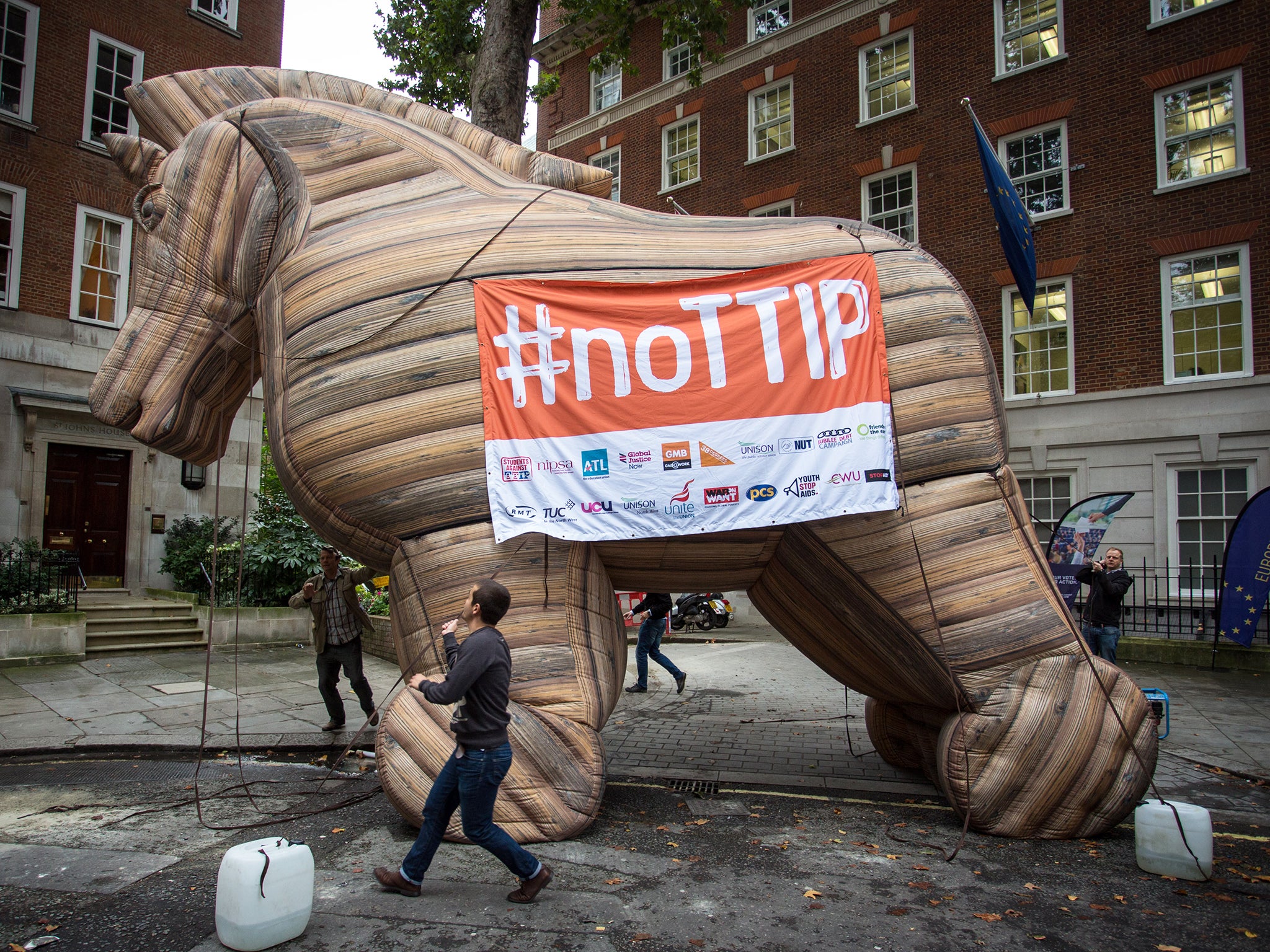
22 Currently the EU has trade deals with 52 countries. If the UK left the EU and wanted to retain preferential access to the markets of these countries, it would have to renegotiate trade deals with them.
23 Norway, which has access to the European Single Market, paid around £115 per head of population for that access in 2014. In the same year as a full member of the EU the UK paid in around £220 per head. It has to accept the free movement EU workers.
24 Canada has preferential access to the EU single market under the Comprehensive Economic and Trade Agreement or Ceta. Leave campaigners say this could provide a model for the UK. But EU rules of origin require non-EU states to comply with detailed customs checks, to prevent imports entering the EU through a “back door”.So Canadian exporters have to prove that their goods are entirely “made in Canada”, which imposes extra costs.
Services make up about 80 per cent of the UK economy, yet they are only partially covered by Ceta. Importantly a Ceta-type deal would not give UK financial services the EU market access that they have now. It would be hard for London-based banks to get “passporting” rights for their services in the EU.
25 It is not strictly true to say, as the Leave campaign do, that since 1992, 27 other (non EU) countries have been more successful at exporting goods to the single market than the UK has. This figure merely looks at growth in exports – rather than the total amount. For example Vietnam is top of the list with a 544 per cent increase in exports – but it start at a low base of only £50 million a month.
26 TTIP would not allow American companies the right to "buy up" the NHS. This is a myth.
27 TTIP could make it harder for the UK Government to introduce such measures as a sugar tax or and alcohol levy. American companies selling into the EU could argue that they were being discriminated against and take there case to legally binding arbitration.
Free movement
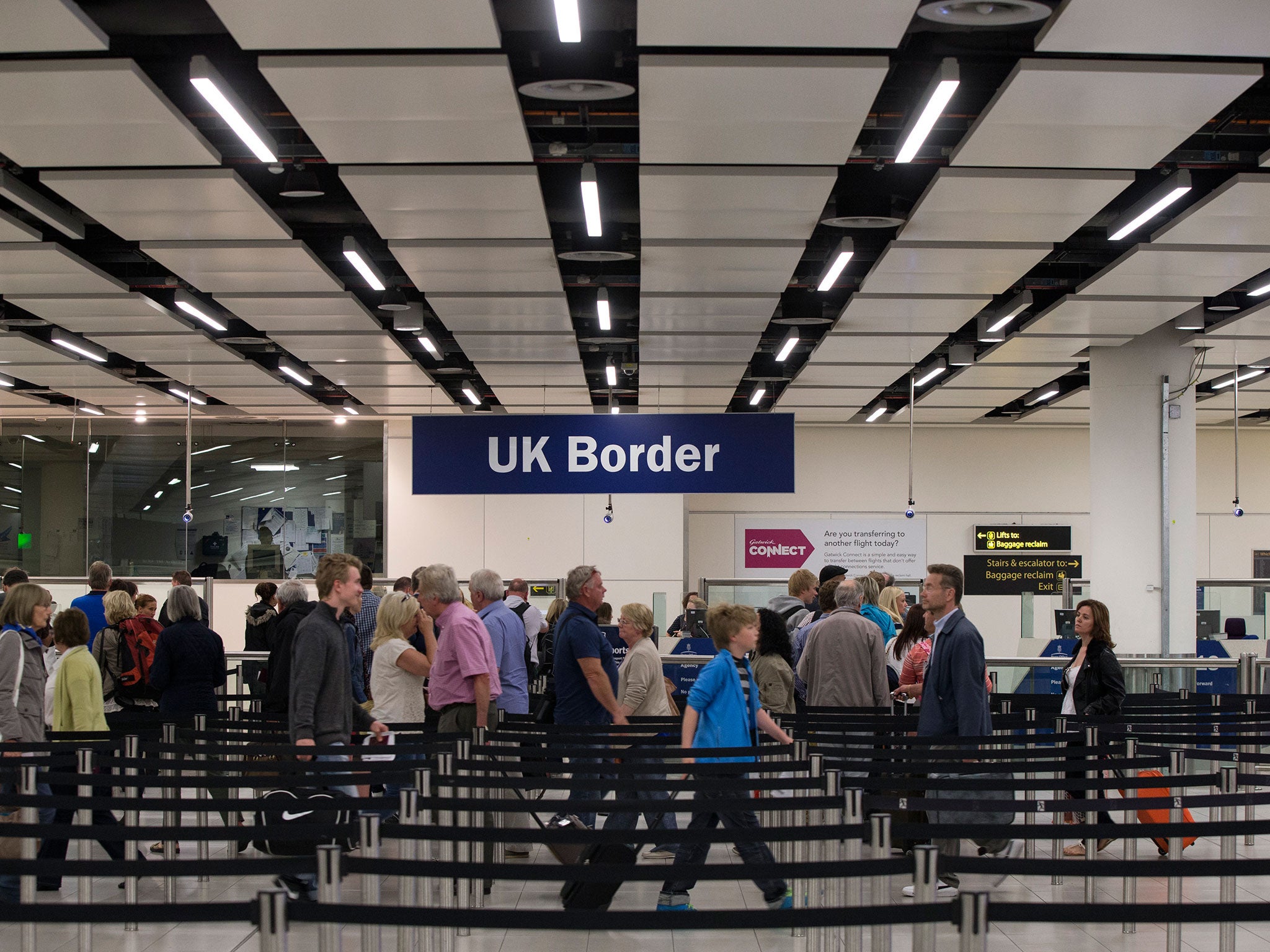
28 Under the Dublin Regulation migrants who arrive in the EU have to claim asylum in the first country they enter. If they subsequently move countries they can be deported to the first country they arrived in. The UK deports around 1000 migrants a year using this process which would end if the UK pulled out of the EU.
29 If Britain pulled out of the EU there would still be free movement of people between Britain and Ireland as this was agreed in the 1923 Common Travel Area agreement – long before the EU was ever created.
30 The UK is not part of the Schengen Agreement – so anyone entering the country has to show a passport. But EU nationals cannot be turned away unless they pose a risk “on grounds of public policy, public security or public health”. The rules state that “criminal convictions shall not in themselves constitute grounds for taking such measures”.
31 Government statistics show that since 2010 the total number of EU passengers initially refused entry to the UK has been rising; in 2015 a total of 2,165 EU passengers were not allowed in. That is about 1 in 20,000 EU nationals coming to the UK.
New EU members

32 Turkey could not join the EU without the explicit permission of a British Prime Minister. All EU countries have an absolute veto on new members joining. However Britain’s official foreign policy at present is to support Turkey’s membership.
The NHS
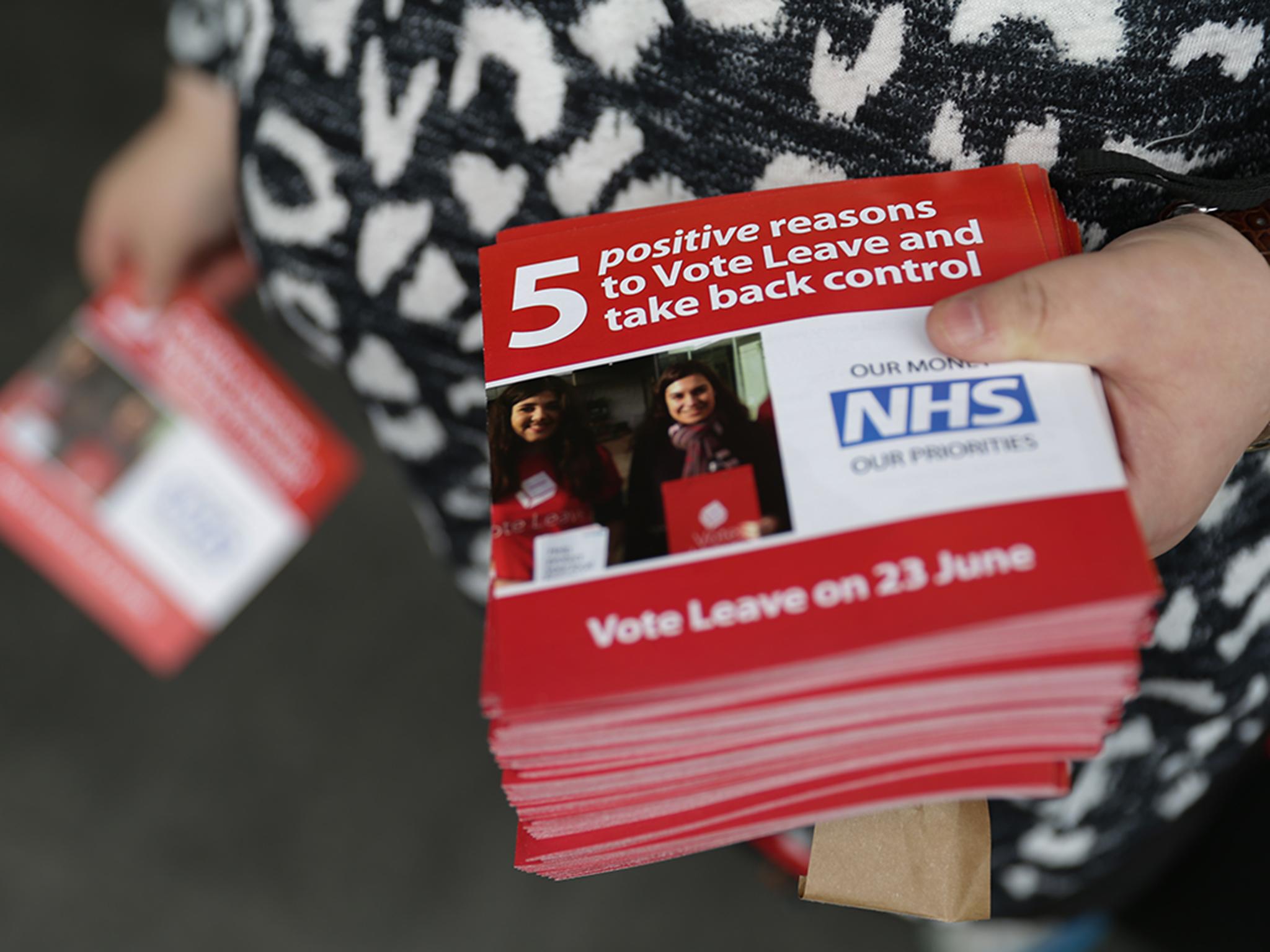
33 The independent fact checking charity Full Fact estimates that in 2014, migration from the EU added £160 million in additional costs for the NHS across the UK.
34 Last year NHS costs went up by £2.8 billion due to inflation and rising wages.
Farming, fishing and science

35 EU subsidies account for 50 per cent of British farm incomes. In 2014, farmers in the UK received £3.19bn in subsidies. The average payment was £17,735. The highest was almost £2 million.
36 European fishing fleets are given equal access to EU waters and fishing grounds up to 12 nautical miles from the coasts of EU member states under the Common Fisheries Policy. e UK to leave the EU, the status of its fishing waters would depend on whether the UK would allow access by foreign vessels to its Exclusive Economic Zone (EEZ). An EEZ extends 200 nautical miles (370km) off a country's coastline. It gives the state the authority to control the fish resources within it.
37 Between 2007 and 2013 official figures suggest Britain paid in 5.4 billion euros to EU research and development funds and received 8.8 billion back.
38 The European Space Agency (ESA) and the EU are two separate organisations with different member states, different competencies, and different rules and procedures. A UK exit from the European Union should not affect the country's involvement with ESA.
Crime

39 In 2014 the UK’s National Crime Agency issued 219 European Arrest Warrants for suspects in other EU countries and 228 in 2014. In return the National Crime Agency received 5,522 EAWs requests in 2013, and 13,460 in 2014. If Britain left the EU it would have to renegotiate with other countries about retaining the current system.
The Future of Brexit
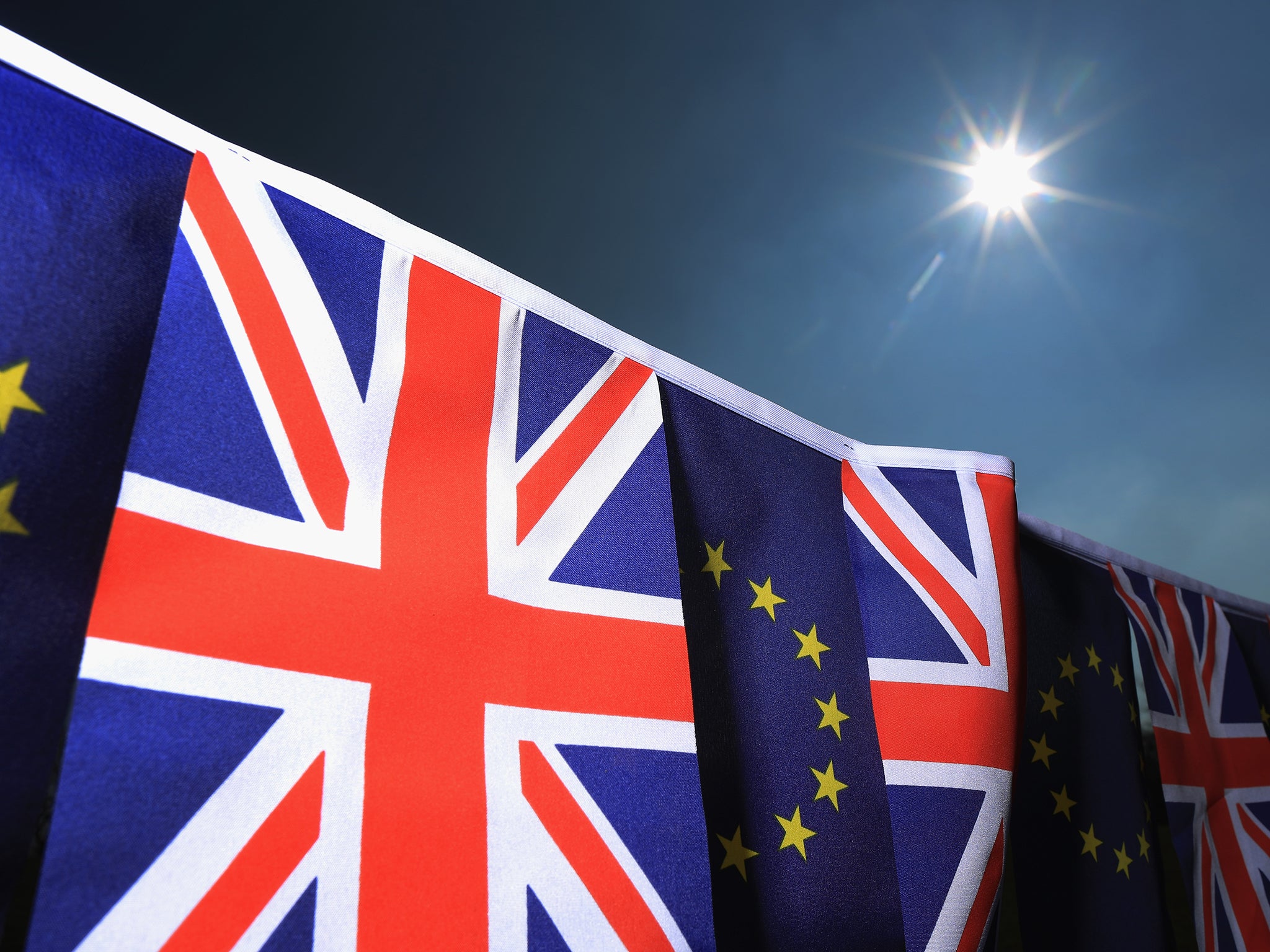
40 Nothing would change with our relationship over night if we voted to leave. What would follow a leave vote is years of negotiations around our future relationship with Europe. In this process almost everything would be up for grabs. Even if we vote to leave today we would probably not ‘leave’ the EU much before 2020.

The EU referendum debate has so far been characterised by bias, distortion and exaggeration. So until 23 June we we’re running a series of question and answer features that explain the most important issues in a detailed, dispassionate way to help inform your decision.
What is Brexit and why are we having an EU referendum?
Does the UK need to take more control of its sovereignty?
Could the UK media swing the EU referendum one way or another?
Will the UK benefit from being released from EU laws?
Will we gain or lose rights by leaving the European Union?
Will Brexit mean that Europeans have to leave the UK?
Will leaving the EU lead to the break-up of the UK?
What will happen to immigration if there's Brexit?
Will Brexit make the UK more or less safe?
Will the UK benefit from being released from EU laws?
Will leaving the EU save taxpayers money and mean more money for the NHS?
What will Brexit mean for British tourists booking holidays in the EU?
Will Brexit help or damage the environment?
Join our commenting forum
Join thought-provoking conversations, follow other Independent readers and see their replies
Comments